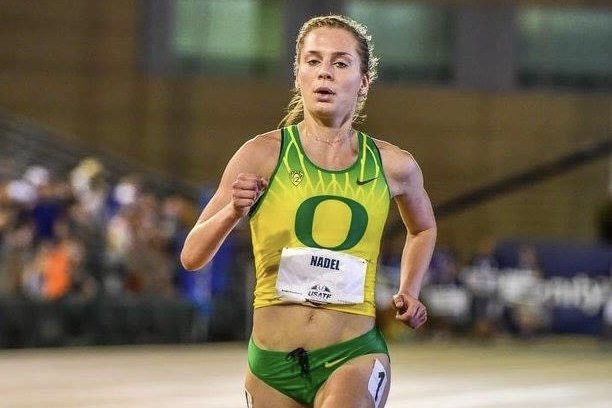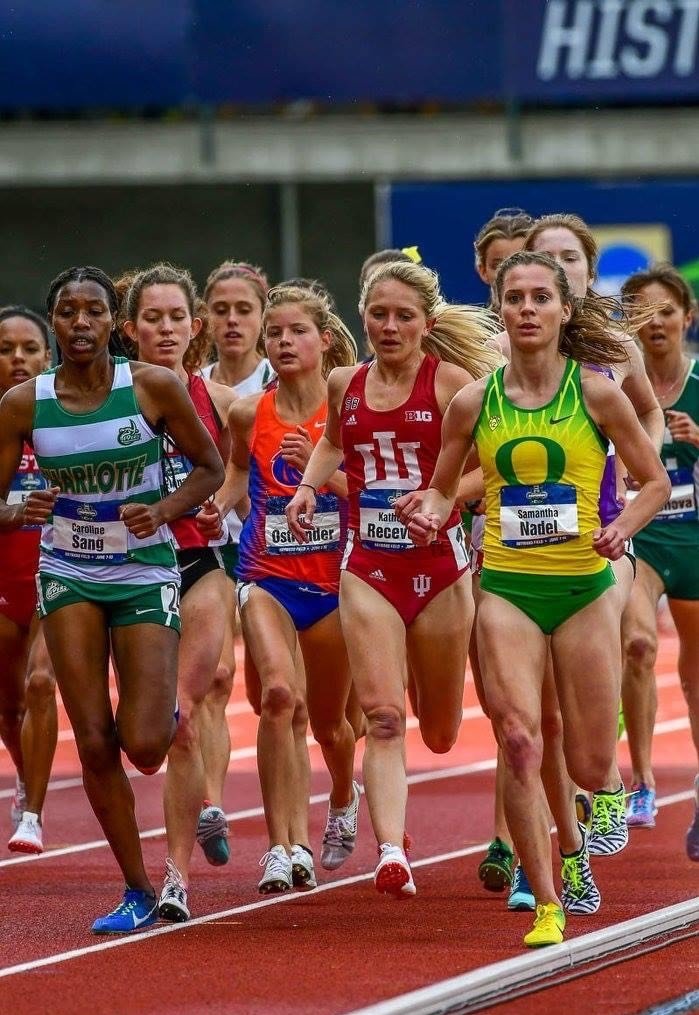Women's History Month: Q&A with Sam Nadel, Six-Time All-American and Member of UO Women’s Triple Crown Team
Photo provided by Sam Nadel
By Natalie Baltierra
In honor of Women’s History Month, we are recognizing and celebrating the accomplishments of inspirational women in Oregon track and field history.
We sat down with Sam Nadel, a six-time All-American and a member of the University of Oregon Women’s Triple Crown team. Nadel scored points at the NCAA Cross Country Championships, as well as the Indoor and Outdoor Track & Field Championships in the 2016-17 seasons.
What does being an alumna of the University of Oregon Women’s Track and Field team mean to you?
It is honestly such an honor and a privilege. Everyone knows the University of Oregon track and field team – it is literally at the top of the sport. I have always been so humbled and thankful to have been a part of that, especially the 2016-17 team. I have always been so grateful for that opportunity and just what it means within the context of track and field.
The UO Women’s Cross Country and Track & Field teams accomplished something that had never been done before: Win NCAA titles in the cross country, indoor and outdoor championships all in one year. How is this historic achievement significant to the growth of the sport and the impact on women’s athletics?
I think it is huge, especially with the University of Oregon. A lot of history is centered around the men of Oregon – you always hear about that. The women’s team winning the Triple Crown was huge because it really shows how much women in sports have grown over the years. To accomplish something like that was so big because it brought a lot of attention to women’s sports and shows what is possible. When other teams see that, it is like “Well, you know, maybe we could do that too.” It was a really key moment, not just for Oregon, but for women’s sports across the board in general.
Thinking back to being a part of all three Triple Crown teams, walk me through the energy and mindset when going into each championship race.
It was honestly awesome because I had never been a part of a group where it was so razor focused. Obviously, everyone had their individual goals for these meetings, but really everyone had that team goal we were working towards. That is something we all knew we wanted to accomplish. Being a part of this big team where everyone had the same mindset and focused on this one goal was really cool. The energy was very positive, very intentional, and very focused. Especially at the meets when you see your teammates put points up on the board, it was really inspiring when everyone is out there rooting for each other. For me, all I was thinking was how can I get some points up on the board and how can I contribute to the team score. It is a really special feeling when you feel like you are a part of that.
Did you feel any sort of pressure going into these races?
Yeah, definitely. I think there was that pressure there. There is quote that I always like to think of where Billie Jean King said, “Pressure is a privilege." I guess you can say the pressure was there, but I think we just saw it as a privilege. It was something that we all really wanted. I think having that pressure can be good when you are out there knowing your teammates are counting on you. I think that can have a positive effect on how you perform and doing it for something that is bigger than yourself. We all viewed it in a positive way. Everyone knew they wanted to do it, so it was not something that people shield away from or anything like that.
How did being a part of the Triple Crown team impact your commitment to the sport?
I always considered myself to be extremely committed to cross country and track, which is pretty much why I wanted to be a part of a program like the University of Oregon. I think that is a big part of what got me there. We accomplished so much more than I ever would have thought initially going into it. Accomplishing all of that is such a cool feeling and it heightened that commitment that was already there.
After my sixth year, I wanted to keep going to see what I could do at the professional level, so I joined the Boston Athletic Association.
I would say that winning that Triple Crown and being on that high made me think: If we could do this, what else can we accomplish? You know, sky is the limit thing.
As a very successful high school and college athlete, how did you make the transition from athlete to coach? What did you bring from your running career into coaching?
I felt like I had so much experience with the sport at a high level starting with running in high school, Georgetown for undergrad, Oregon for grad, and then a year for the BAA. Four high-level programs and each one was different in the ways we trained, and the coaches were different. I felt I had a ton of experience which gave me confidence for coaching – something I had always wanted to get into when I was done competing.
The way it happened was kind of funny. I was running for the BAA and I intended to be there for a few years. One of my teammates from Georgetown was an assistant at Stanford at the time, and they were looking for a replacement since one of their coaches was going to leave. He remembered that I said I wanted to get into coaching when I finished competing, so he called me up and asked if I would be interested in joining. I ended up moving to North Carolina as an assistant distance coach at UNC. It was an opportunity I felt like I could not say no to even though I intended to keep running for a couple years.
From being an athlete to coaching, it is a different role, especially starting off young as I was 25 years old at the time starting out. Overall, I was confident in what I could bring as a coach because I learned a lot from the experience I had [as an athlete].
Photo provided by Sam Nadel
My fifth year of my college career – when we won the Triple Crown – was the smoothest year that I had. I was injured on-and-off throughout college. It definitely was not this picture-perfect, super smooth ride. But I felt like I learned a lot from that. So, not only the experience from being at four different programs but also my own personal experience with my running and what I went through, I felt like I just had a lot I could give as a coach. That is what really aided in my transition from being just an athlete to coaching.
In terms of specific things that I bring into coaching, I learned a lot about different coaching styles, training styles, injury prevention (a big one for me personally) and the importance of building relationships with your athletes. I feel like a lot of coaching is really getting to know what motivates each individual athlete. I took a lot from my experience with that.
Tell me about some of the most influential coaches in your running career.
At every step of the way, each coach had an impact on me. My high school coach taught me a lot about commitment, the value of hard work, and going all-in for something both individually and as a team. We had a pretty good team when I was in high school. We trained a lot and I think a lot of people just thought we were doing a lot. But [my coach] really taught us the value of hard work, commitment, and doing it for your team.
When I was at Georgetown, Coach Mike, who is coaching at NAU now, taught me a lot about going all-in for something, doing everything you can, and committing yourself 100% to it – even though that does not mean it will always work out.
The coach that had the biggest impact on me was Coach Maurica, the women’s coach when we won the Triple Crown. It was my first time having a female coach and I think there was a big relatability factor to that. She had the biggest impact on me. I was hurt on-and-off since the end of high school and during most of my time in undergrad. I felt like I did not accomplish what I wanted to throughout my time in undergrad, but it was something deep down that I still really wanted to seek out. That is why I wanted to do that fifth year, and I wanted to do it at Oregon because I was going all-in. I figured if I really wanted to seek out my potential, and if there was anywhere that could get me back, it was going to be a place like that. And so, I really went all-in.
I remember [during] my visit [to Oregon] before I decided to attend, [Coach Maurica] and I talked a lot about what injuries I had gone through and what my journey had been like through both high school and college. She was very reassuring and was like “I think this is something that can be fixed in the weight room.” Long story short, I just had a lot of weaknesses and imbalances that I did not know about when I was in undergrad. Once I got on a program for that, it helped me a lot to stay healthy.
I was able to get along with her really well as there was that relatability piece, so we had a good relationship. With all those things, having her was huge because she was willing to listen to what I had gone through. It seems like she knew exactly how to get me out of the spiral of the injury cycle I was experiencing. I really bought into it, and it all ended up working out even better than I could have imagined. I am really thankful for that opportunity because my running was really something that I wanted to see out – I felt like I had it in me and I just could not get any consistency, really. I remember she had sold that to me on my visit, and it was true when I got there. Everything she said was true. Looking back, I am so thankful for that because if I did not have that who knows what I would be capable of running-wise or if I were to keep going.
Why is it important to have women coaches in the sport of track and field?
There are not a ton, but I think it is really important to have female coaches and not even just for women’s teams. I work with both the men and women at George Washington University, and I think there is a big value to that. I think women can bring a different perspective a lot of the time. That is important because there is that relatability piece for women but even for men, too. There is a lot to be said for being able to work with both [men and women] and having that impact on both teams. Just naturally, men and women can bring different things to the table.
I think we all felt that connection with [Coach Maurica]. When you feel that connection, you are going to run well because you want to do it – not just for you, not just for the team, but for her too. She made practice every day really fun. I think that energy does have an impact on performance. It is important to have that relatability piece and to see that she was a great athlete herself back when she was running at Stanford and hearing about what she accomplished. It is just so cool to see and learn from someone who was at a high-level.
Who are some women figures in sports you looked up to while growing up?
The most inspired I felt was honestly being a part of that Triple Crown team and seeing what my teammates accomplished – someone like Raevyn Rogers winning that national championship every year. I mean, the amount of pressure I am sure she experienced and how she was able to pull it off every time.
But really, just being on that team, obviously, all the women were so accomplished. Everyone did feel both that individual and team pressure. I felt like everyone was able to really dial-in and handle it really well. That was always really inspiring to me. It was just my own teammates, honestly. Being a part of a team like that is contagious and everyone feels that energy. I think with them it goes an extra level because you know them, they are your teammates. I feel like I am most inspired by people that I really know because you see what they go through, you see what they struggle with, and you see them overcome struggles. For me personally, I have always felt the most inspired by seeing female athletes that I know and see what they accomplish.
It is a high-pressure environment, so seeing everyone come together and overcome all of that and actually do it – that is the most inspiring to me.
What advice do you have for young female athletes in sports?
Photo provided by Sam Nadel
The advice that I would give would be to seek out those role models that will help you achieve your goals. Build off those similar mindsets and work towards accomplishing something together. Find people that you really look up to – could be your teammates or anyone really in your sport. You are inspired by people that have accomplished things that you want to accomplish. Choose to be surrounded by people that have the same mindset. I think it is really important to surround yourself with those people because then the feeling and those goals just magnify. Something I noticed through coaching is sometimes there can be competition with one another when we should be coming together as a team and supporting one another to accomplish something together. It should not always be against one another.
What are some positive changes you hope to see in the future of women’s track and field?
Going back to your first question of our team doing something that has never been done before, I think we are moving in a really positive direction as far as accomplishing things like that. As far as things I would like to see in the future, I hope we continue to untangle certain stereotypes about women in sports. I think we are privier to it as coaches because we just see it more. For example, there is always a debate should we move the women up to 8K or 10K in cross country? Or should the distances be more equitable? Even stereotypes within women’s teams like, “Oh, women can be harder to manage,” you know, things like that. I think untangling some of those stereotypes and moving past some of that is really going to happen when you have more women accomplishing things like this and just having more experience. There are also stereotypes about women in coaching and I think those are only going to get untangled once you have more representation of women doing it.
Continuing to move in that direction to have more female representation in the sport and to have more women’s teams accomplishing more of these things is what is going to start making things a bit more equitable.




